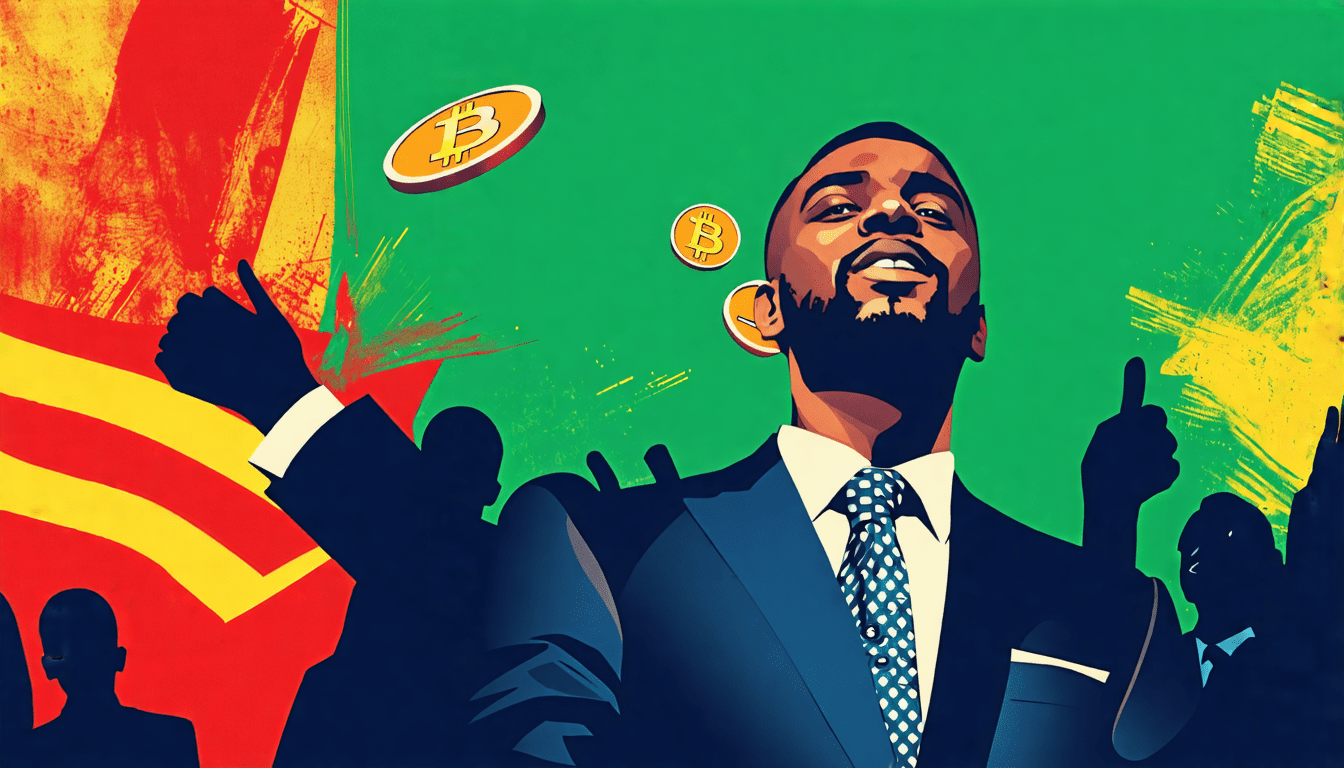Release of Tigran Gambaryan: A Significant Turn in Nigeria’s Crypto Controversy
The recent release of Tigran Gambaryan, an American cryptocurrency executive, after eight months of detention by Nigerian authorities marks a pivotal moment in the ongoing tensions surrounding cryptocurrency operations in Nigeria. Initially arrested in February for his alleged involvement in money laundering, Gambaryan’s case has sparked significant international and diplomatic intrigue. This release not only brings relief to Gambaryan but also raises questions about the future of cryptocurrency regulation in Nigeria.
Legal and Health Challenges
During his detention, Gambaryan faced severe legal and health challenges. The charges of laundering $35 million through Binance cast a shadow over the burgeoning cryptocurrency industry in Nigeria, with accusations of manipulating the local currency. Despite these serious allegations, Nigerian authorities have dropped the case against him, influenced by international diplomatic considerations. Throughout his detention, Gambaryan’s health deteriorated significantly, necessitating urgent medical attention in the United States, ultimately granted through humanitarian parole.
Gambaryan’s health crisis highlighted the need for intervention, with his prolonged detention in Kuje prison drawing international attention. His case was marked by claims of unlawful detention and refusal of bail, further complicating the legal proceedings. Reports of the confiscation of his passport added to the contentious nature of his trial. The humanitarian aspect of his release indicates a shift in priorities, emphasizing the need for medical care over continued detention.
Diplomatic Efforts and Bilateral Relations
The diplomatic efforts that led to Gambaryan’s release underscore the intricate dynamics of international relations impacting this case. Jake Sullivan, the White House national security adviser, acknowledged the critical diplomatic discussions with Nigerian authorities, which underscored the importance of bilateral cooperation between the two nations. Such developments reflect a broader trend of using diplomacy to address complex international legal issues, where human rights and health are prioritized.
While Gambaryan’s release signifies progress, it also poses challenges for other parties involved, notably Binance. The ongoing allegations against Binance, including tax evasion and operating without proper licenses, continue to loom large. This demonstrates that Gambaryan’s release does not mark the end of scrutiny for the cryptocurrency platform, which needs to address these issues to operate smoothly in Nigeria’s financial ecosystem.
Implications for Nigeria’s Cryptocurrency Market
Nigeria, being Africa’s largest cryptocurrency market, represents a stark dichotomy in its approach to digital currencies. Many Nigerians use cryptocurrencies to safeguard their assets against inflation and a depreciating local naira. However, the legal challenges faced by Gambaryan serve as a warning signal for the cryptocurrency ecosystem, which needs to tread carefully amid stringent regulatory landscapes.
In conclusion, Tigran Gambaryan’s release from Nigerian detention is a noteworthy event that intertwines legal, health, and diplomatic elements while highlighting the complexities faced by cryptocurrency markets in volatile economic landscapes. It serves as a reminder of the ongoing challenges in aligning international operations with local laws in a rapidly evolving digital economy.
